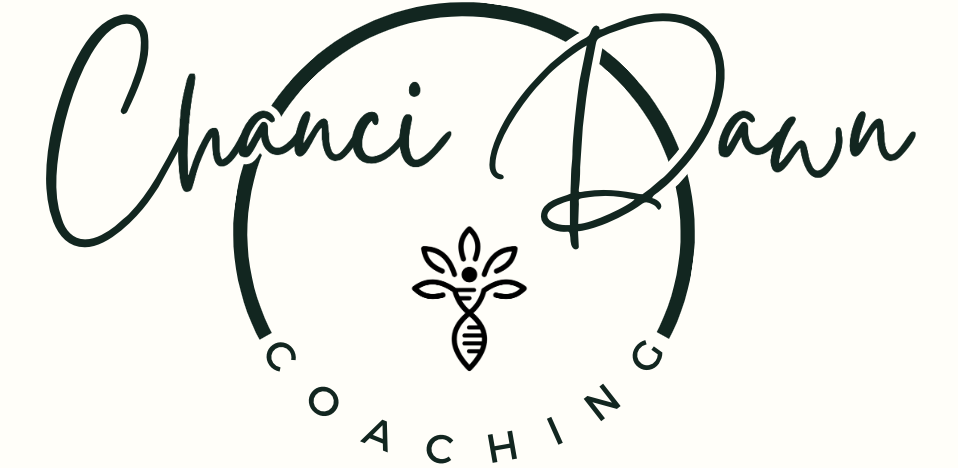I thought that crappy sleep was something I just had to live with.
I’d easily fall asleep, but inevitably, I’d wake up a few hours later with a swirling brain and anxious tummy.
This went on for years, no matter what I tried!
It SUCKED so bad and I thought it would never end.
What about you?
Do you struggle with falling asleep, staying asleep, or waking up exhausted after a night of sleep?
Or perhaps you’re dealing with all three issues (big hugs, that’s really hard).
No matter what your sleep struggles are they all end with the same result – exhaustion!
And, if poor sleep becomes chronic, it may increase your risk of developing dementia, heart disease, diabetes, obesity and various cancers!
In fact, the World Health Organization has declared sleep loss an epidemic as 30% of the population suffers from insomnia, and this goes up to a whopping 60% for those who are over 60!
This is no small problem, and I’m so, so, SO happy to tell you that there are solutions – that work!
It starts with knowing and understanding your genetics.
When looking at improving sleep there are three main things we want to understand.
1 – Your Clock gene: This is responsible for your circadian rhythm which dictates when you naturally wake up and go to sleep, as well as the rate and depth you enter into the five different stages of sleep.
2 – CRY1 gene: Even if your clock gene is expressing optimally, the CRY1 gene can block it. This will impact all the functions of the clock gene as well as delay the transition from one stage to the next. So even if you have a full night’s sleep you may never enter stage 4 which is essential for health and healing.
3 – All Your Stress Genes: I’ve talked a lot about stress in the last few emails. If you haven’t read them, please go back and do so (reply to this email if you need me to send them again). Cortisol, one of the main stress hormones, blocks the production of melatonin (essential for sleep). Cortisol also peaks at 2-4 am (hello anxiety tummy and tossing and turning) and it can prevent us from reaching the crucial stage four.
All of these components impact each other, so it’s not enough to simply look at single genes.
When working with me we will take a deep dive into your own genetic manual and I will set up an 8-week reset program that will get you sleeping well in no time!
If you’d like to chat to see if working together is right for you, please book your free 15-minute consult.
And if you aren’t ready but still want to improve your sleep here’s a tip:
If you take melatonin make sure it is time released AND take it between 8:30-9 pm. This is the time when our cortisol goes down and our melatonin goes up (if your genes are expressing optimally). Therefore, giving melatonin during this time will mimic nature and help you fall and stay asleep better.
Small things really do make a huge difference when they are done to support your genetics!

